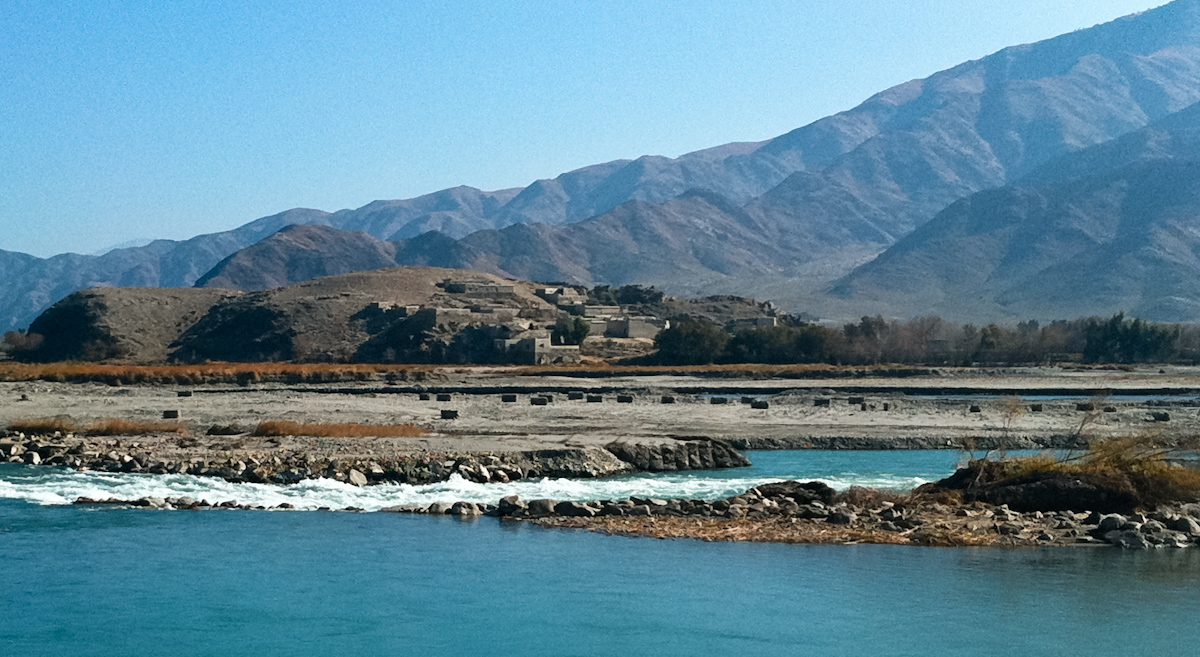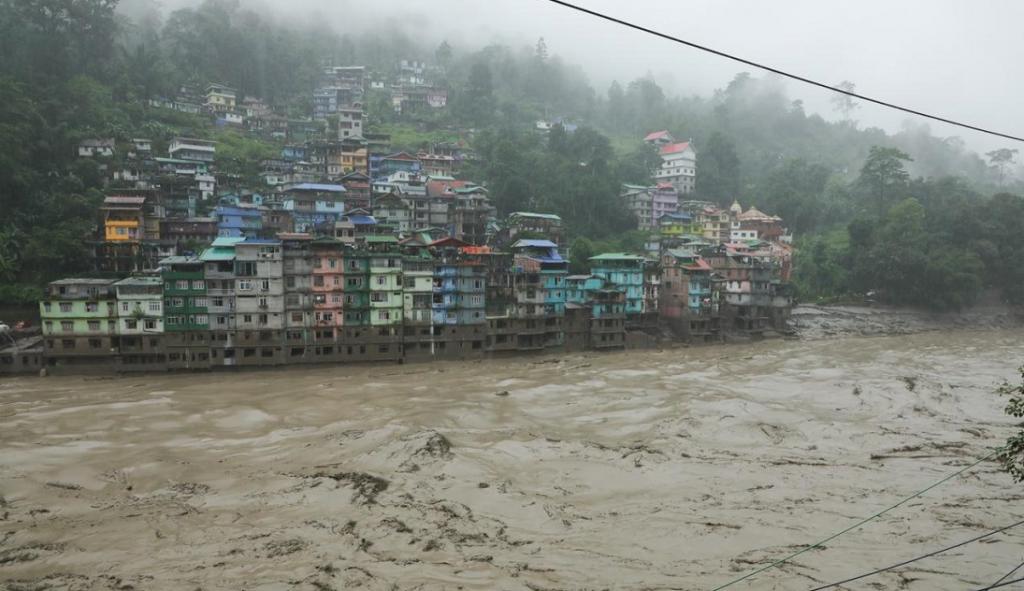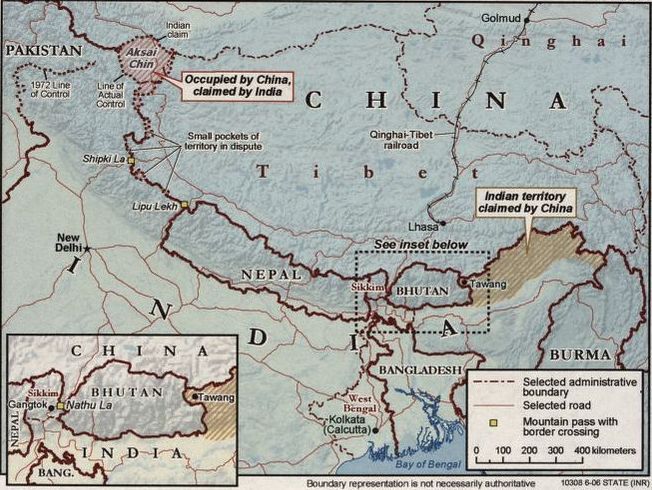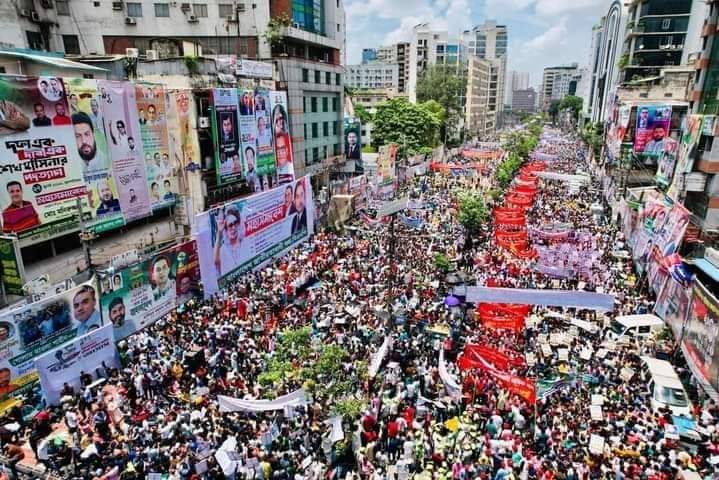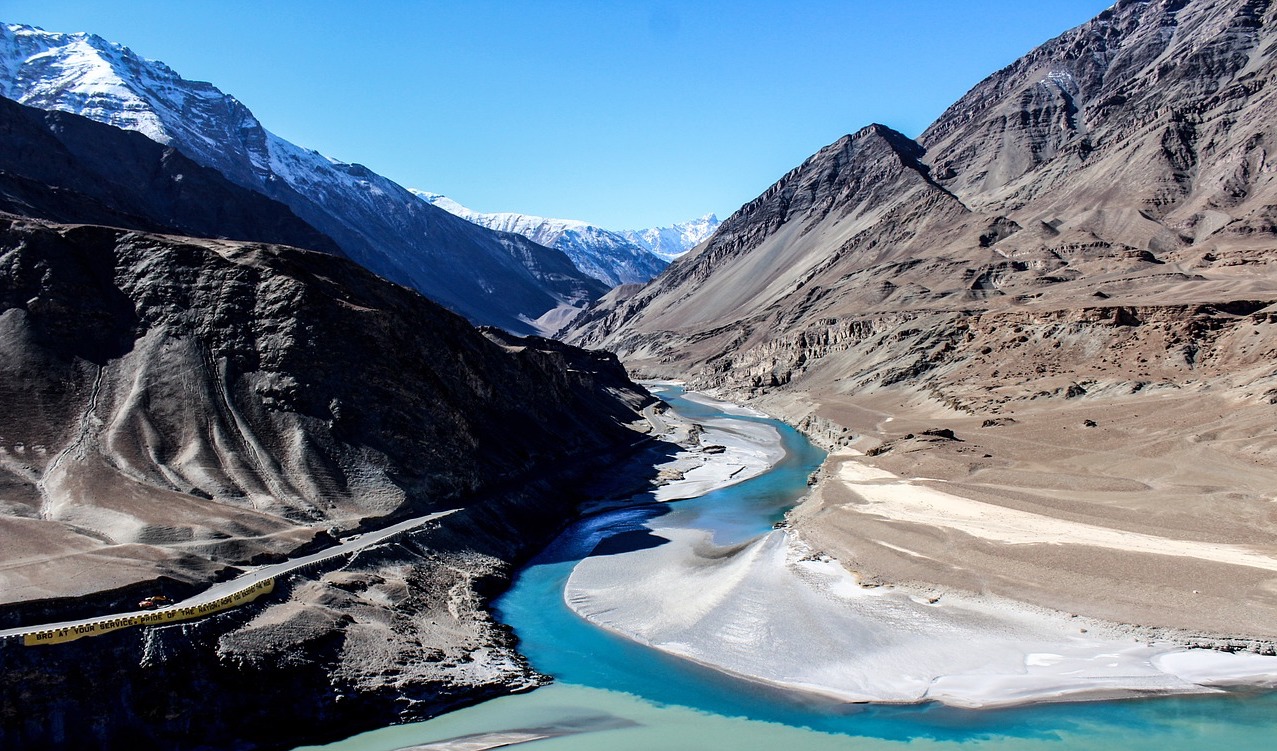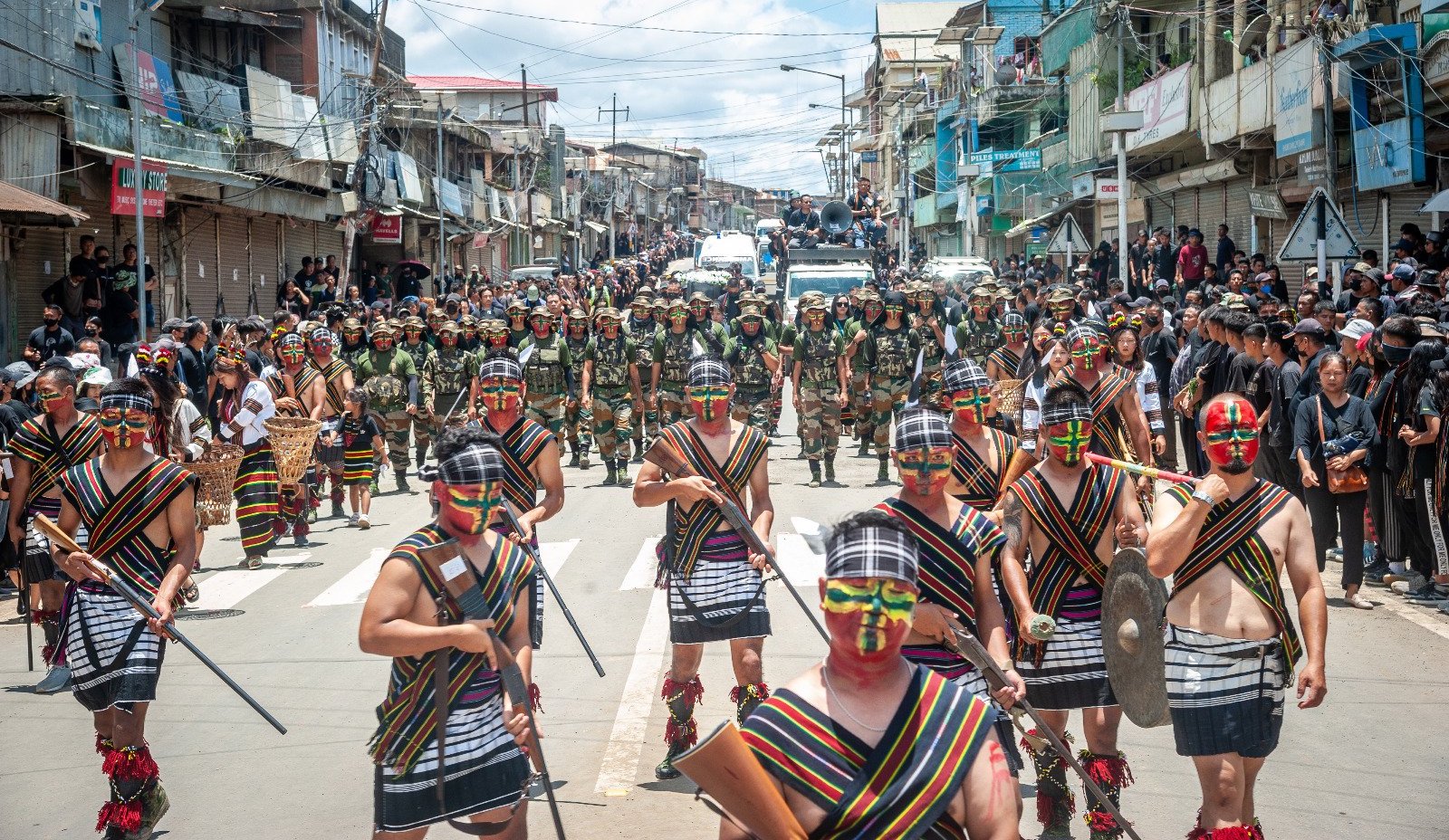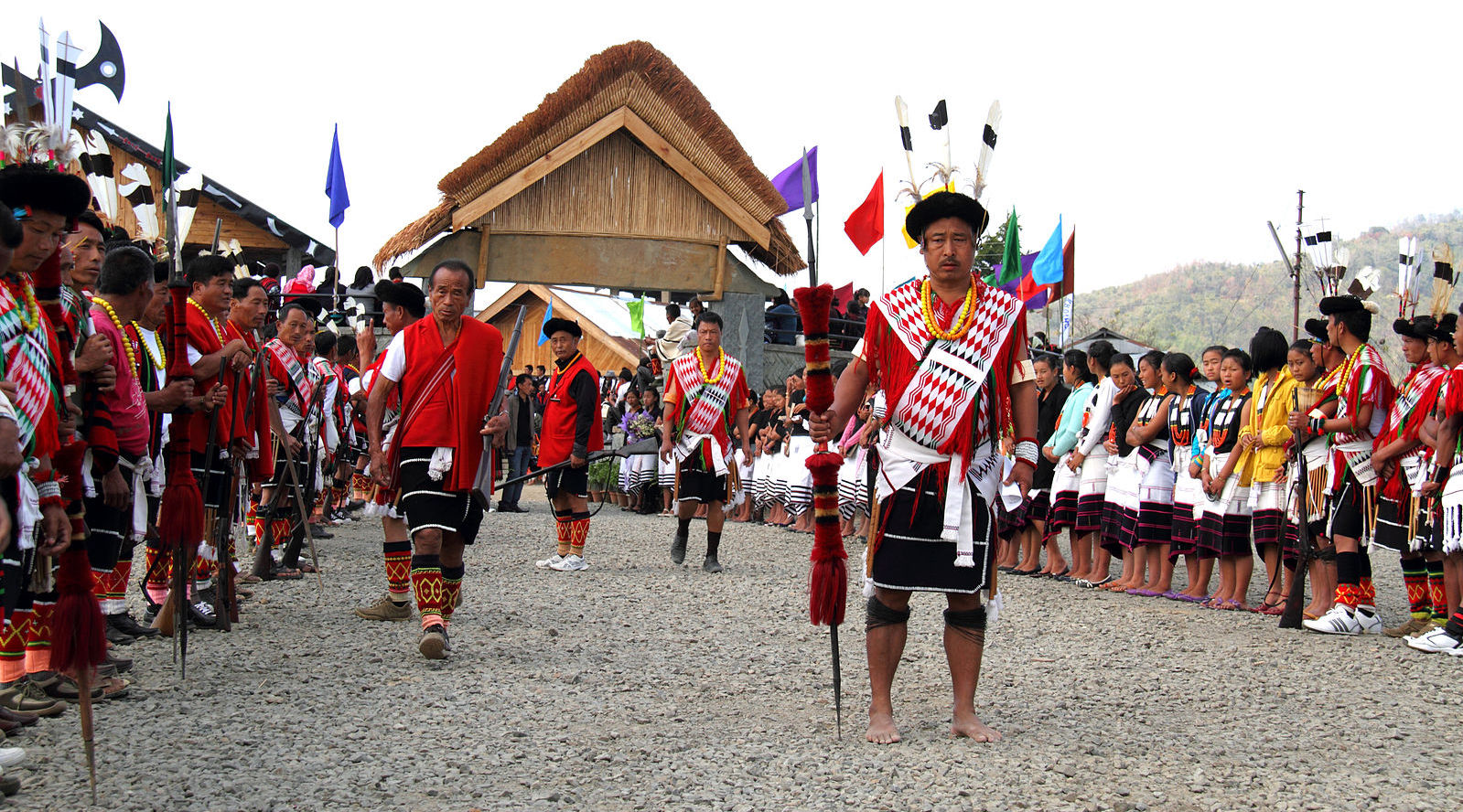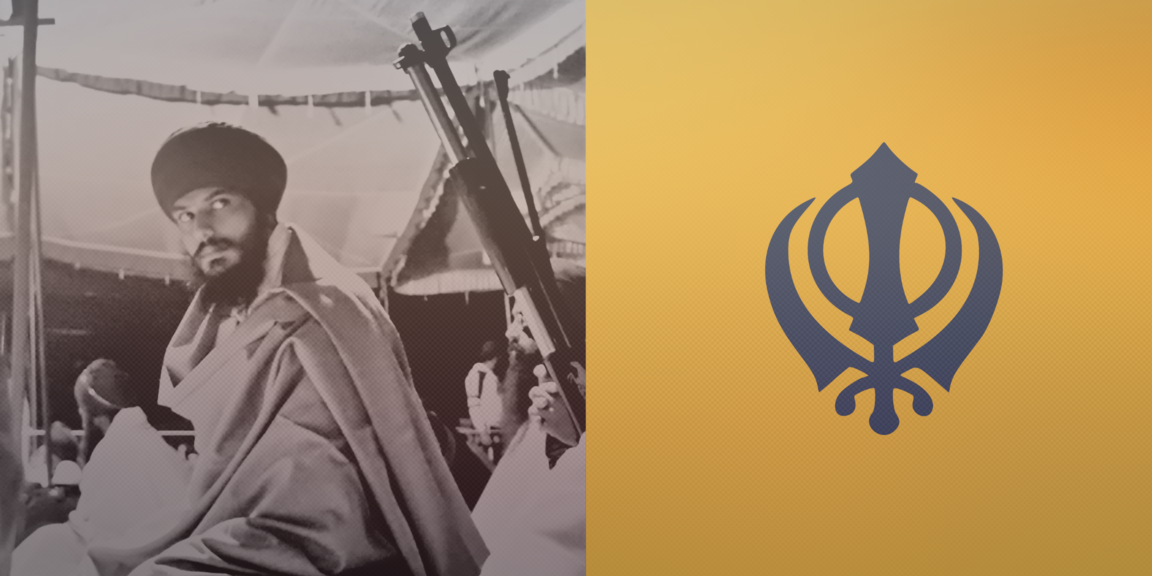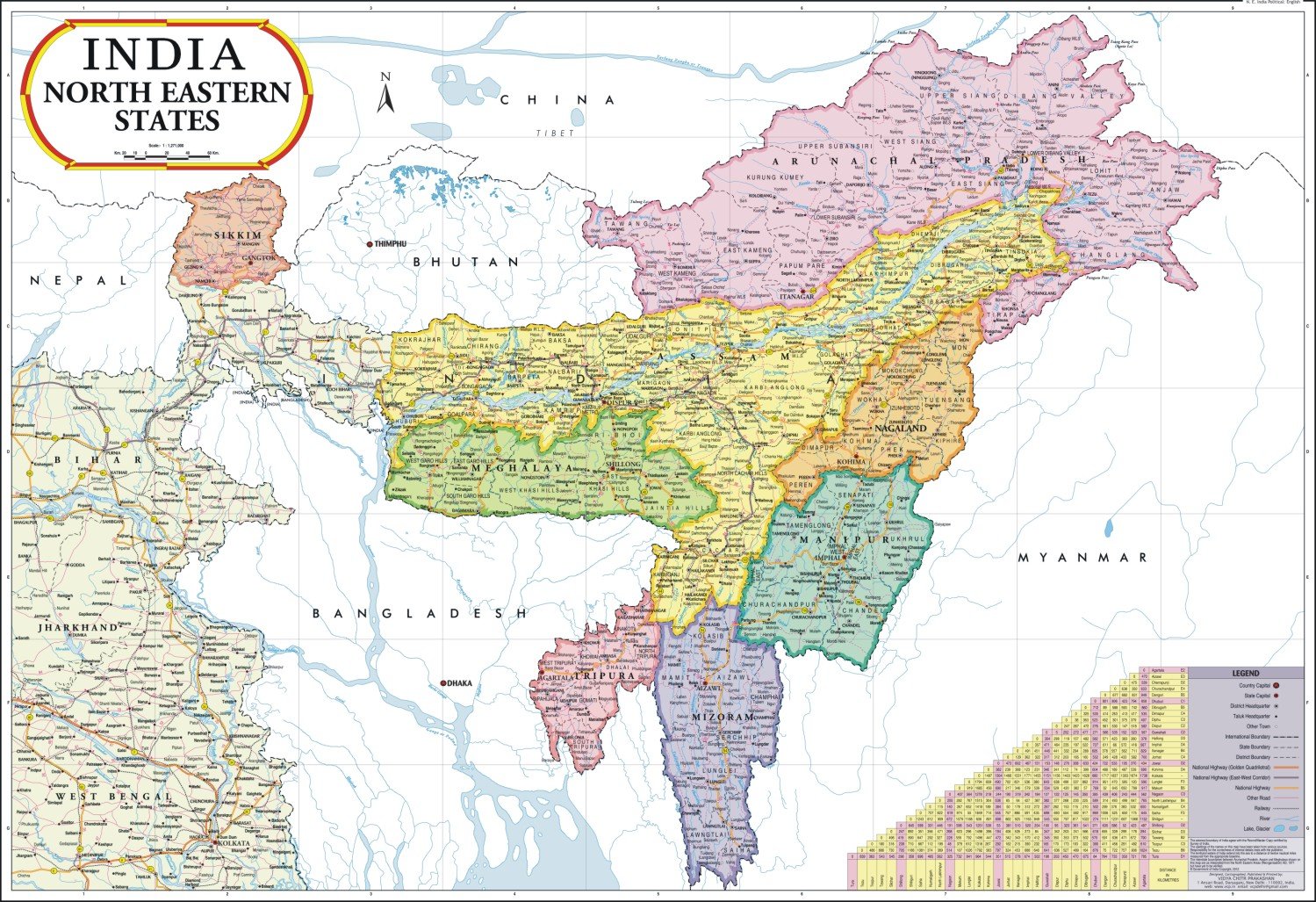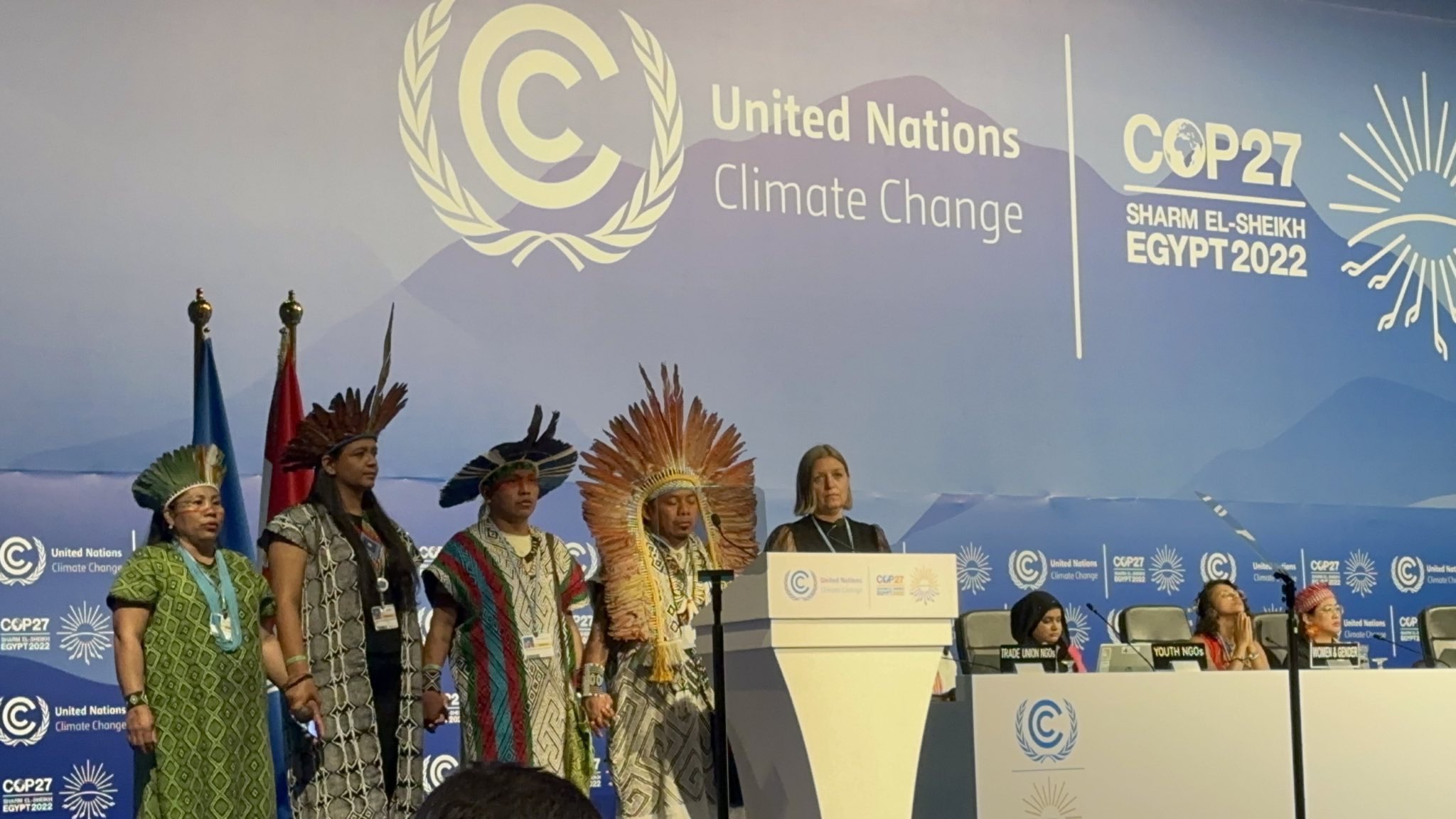
India in peace deal with (some) Assam rebels
The Indian government and the state government of Assam signed a peace agreement in New Delhi with the rebel United Liberation Front of Asom (ULFA), aiming to end over 40 years of insurgency. Assam Chief Minister Himanta Biswa Sarma highlighted the importance of moving towards similar peace initiatives with other “separatist” and “insurgent” groups in the state, including Bodo, Karbi, and Adivasi rebels. However, ULFA-Independent, an intransigent faction, was excluded from the negotiations, and remains in arms. (Photo: K. Aksoy via CounterVortex)



